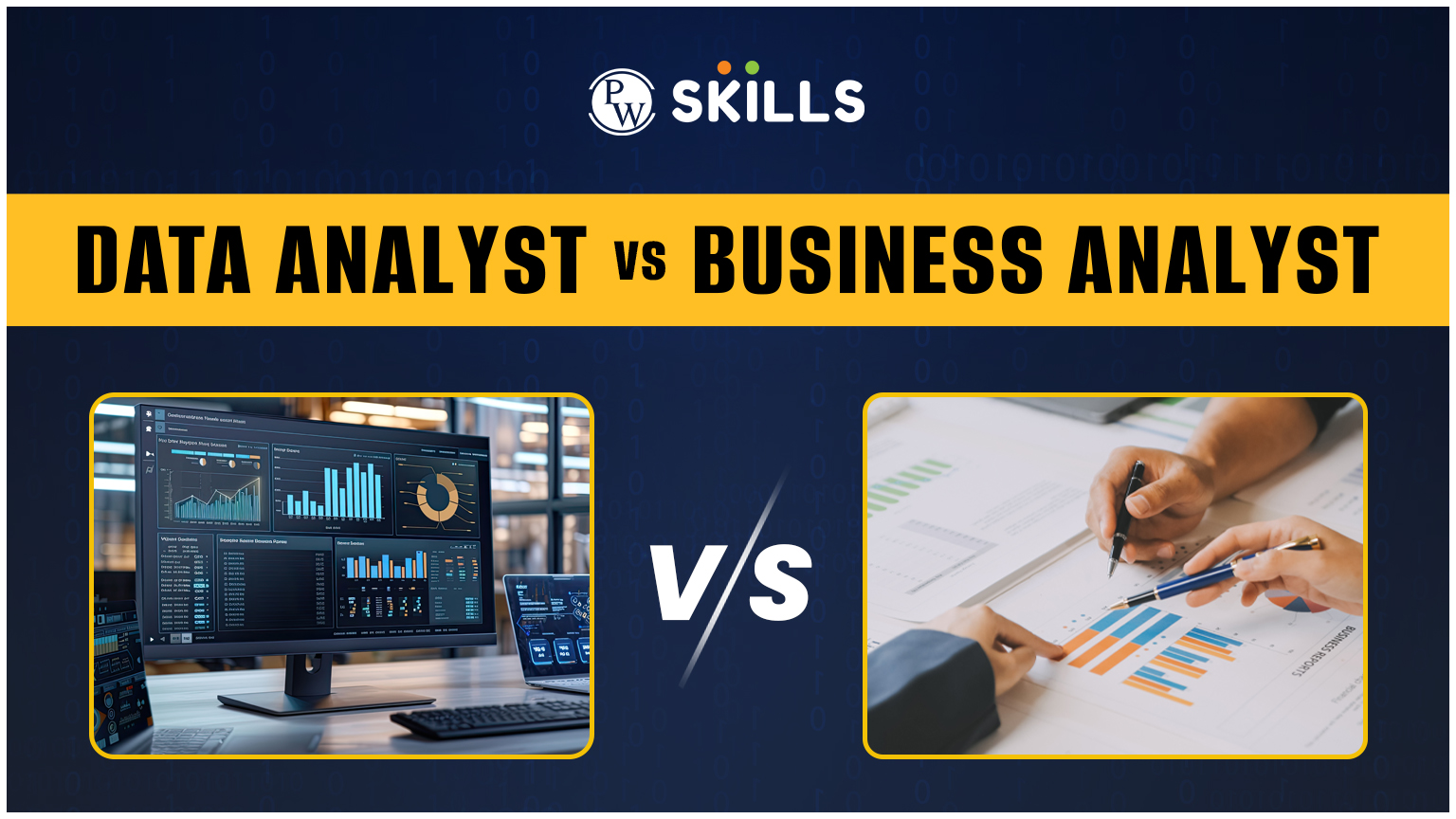Data Analyst vs Business analyst are the two most popular job roles in data based industries. Are you looking for an analyst role and confused between which one has more career opportunities, a good package, and a work environment in India or abroad.
The role of data analysts and business analysts is of high impact in India as most of the companies and organizations nowadays are getting digital with high dependency on data for their business success. In this article, we will learn more about the job roles of business analyst and data analyst.
Also Read: 4 UI/UX Design Courses For Free On YouTube
Data Analyst Vs Business Analyst Overview
The role and responsibilities of a data analyst and business analyst are often confusing, yet they both are responsible for helping organizations in making data driven decision making. Both these positions deal with data but data analysts are more involved in solving data related concerns while business analysts are involved in addressing business concerns and solutions.
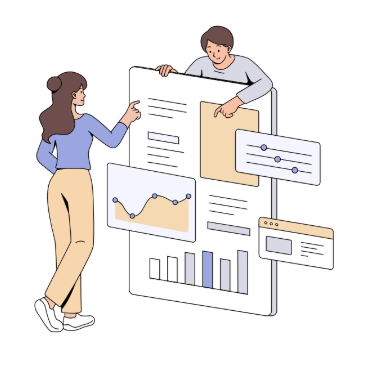
Data analysts focus on digging into raw unstructured data to extract useful insights based on the latest trends, market analysis, and more which will help companies in decision making. Both Job roles are highly in-demand in today’s market and provide good growth opportunities.
Who is a Data Analyst?
A Data analyst is a professional who is in charge of collecting, processing and performing analysis on data to drive and extract useful insights for the company. They use visualization and reporting tools to present the findings and help organizations make data driven decisions.
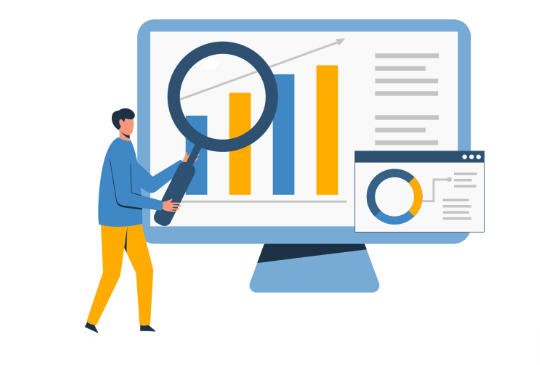
The major focus of a data analyst is on already available data from the past or present to answer several questions like why and what happened in the past few days. Anyone who has a piece of good statistical knowledge with database manipulation skills can look out for a data analyst role.
Who is a Business Analyst?
A business analyst is a professional who acts as a bridge between the stakeholders and technical teams. They identify business needs and recommend solutions to improve the performance and make the system more effective and sound.
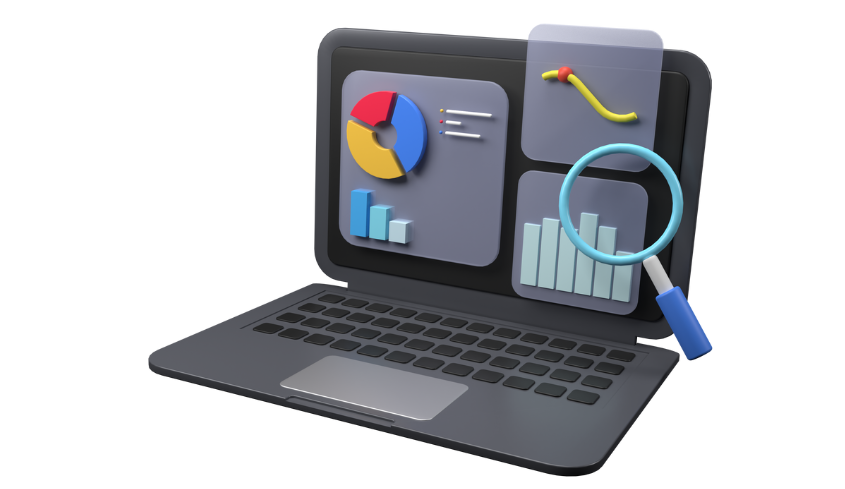
They understand the business problems and try to make effective solutions for them. The major focus of a business analyst is on how to achieve business goals and what we need to achieve the business needs. Hence, we come up to data analyst vs business analyst in a time frame.
Key Responsibilities of a Data Analyst
Some of the key Responsibilities of a data analyst are mentioned below.
- They are responsible for gathering and cleaning data from various sources.
- Data analysts analyze data trends and patterns to help businesses in decision making.
- Also, creating visualizations, dashboards, and reports using tools like Excel, SQL, Python, R, and data visualization platforms (e.g., Tableau, Power BI).
- They support business decisions with data insights.
- Also, the main role is ensuring data quality and accuracy.
Key Responsibilities of a Business Analyst
Some of the key responsibilities of a business analyst are mentioned below.
- They are involved in identifying business objectives and defining project scope.
- Business analysts also analyze business processes and suggest improvements.
- Collaborating with stakeholders to gather and document requirements.
- Communicating with technical teams to ensure proper implementation.
- They create business models and workflows and evaluate the impact of proposed solutions on the organization.
Data Analyst Vs Business Analyst Salary In India
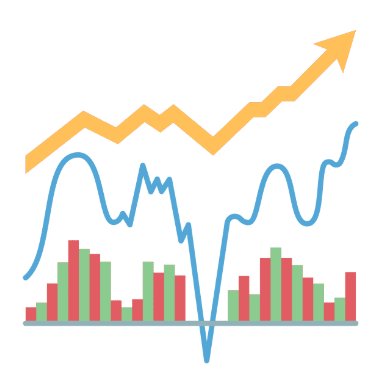
The average salary package of data analyst and business analyst salaries are often comparable and high due to high demands and requirements for the businesses.
| Aspect | Data Analyst | Business Analyst |
| Average Salary | ₹4,50,000 – ₹6,50,000 per year (entry-level) | ₹5,00,000 – ₹8,00,000 per year (entry-level) |
| Mid-Level Salary | ₹7,00,000 – ₹10,00,000 per year | ₹8,00,000 – ₹12,00,000 per year |
| Senior-Level Salary | ₹12,00,000+ per year | ₹15,00,000+ per year |
| Factors Affecting Salary | Education, skills (Python, SQL, Tableau), industry, and experience. | Domain expertise, project management skills, industry, and experience. |
| High-Paying Industries | IT, e-commerce, Financial Services, Consulting. | IT, Banking, Healthcare, E-commerce. |
| Job Growth Opportunities | Data Scientist, Machine Learning Engineer, BI Analyst. | Product Manager, Business Consultant, Strategy Manager. |
The difference between data analyst vs business analyst is due to the demand for skills, which commands a slightly higher salary at entry levels too. Business analysts require a better understanding of business processes and being involved in business processes results in a slightly higher salary at entry levels and higher.
Data analysts focus on technical skills while business analysts bridge the gap between stakeholders and the company with technical solutions and useful insights. Salary packages also depend on company size, budget, location, and your set of skills in data analysis tools and domains. You can earn more in metropolitan cities like Bangalore, Mumbai, Hyderabad, etc as compared to non-metropolitan cities with less exposure and demand.
Data Analyst Vs Business Analyst: Which Is Easy?
When looking for a career option between data analyst vs business analyst, it often comes to mind that out of these two roles, data analyst vs business analyst which one will be easier depending on the skills and experience required to excel in this field. Let us know the skillset required for business analyst and data analyst below.

You can choose a business analyst role if you have a better understanding of business workflows and you enjoy dealing with business problems and technical work. People with good communication skills often choose a business analyst role.
While people choose data analyst roles for coding, statistics, and visual representation. When you want to transition into roles like machine learning or data scientist engineer in the future, then choose a data analyst role.
Business Analyst Skills Required
- Strong communication and presentation skills.
- Understanding business processes and problem-solving.
- Knowledge of project management tools (e.g., JIRA, MS Project).
- Basic familiarity with data analysis tools like Excel.
- Translating business needs into requirements for technical teams.
- Facilitating communication between stakeholders and developers.
- Strategic problem-solving and improving processes.
- Requires understanding of multiple domains (business and technology).
- Strong stakeholder management skills are critical.
Data Analyst Skills Required
- Proficiency in technical tools like SQL, Python, R, Excel, and Tableau/Power BI.
- Data cleaning, visualization, and statistical analysis skills.
- Logical and analytical thinking.
- Extracting insights from data to support decision-making.
- Working directly with datasets, creating reports, and dashboards.
- High technical involvement with minimal direct interaction with business stakeholders.
- Requires strong technical skills, which may take time to master.
- Dealing with large, messy datasets can be challenging.
Data Analyst Vs Business Analyst: Difference Table
Let us know some of the major requirements for a data analyst vs business analyst role in the table below.
| Data Analyst | Business Analyst |
| Data analyst professionals analyse raw data to extract actionable insights. | They are involved in understanding business needs and translating them into solutions. |
| It involves processes like data cleaning, analysis, and visualization. | It consists of defining project requirements and improving business processes. |
| It requires strong technical skills (SQL, Python, Excel, Tableau, etc.). | It require strong communication, problem-solving, and stakeholder management. |
| A data analyst role is more technical and focuses on data science and analytics tools. | The business analyst role are more functional and focuses on industry knowledge and processes. |
| Must be familiar with tools like SQL, Python, R, Tableau, Power BI, and Excel. | Must be familiar with tools like JIRA, Trello, Microsoft Project, wireframing tools, and Excel. |
| It involves visualization using dashboards, reports, and data visualizations. | Business analysts state business requirements documents, and process flow diagrams. |
| They work closely with data teams and technical experts. | They collaborate with stakeholders, management, and technical teams. |
| They have a strong background in data science, statistics, or computer science. | They have a strong background in business administration, management, or IT. |
| Progression to Data Scientist and Machine Learning Engineer. | Progression to Product Manager, Project Manager, or Consultant. |
| Easier for individuals with a technical mindset. | Easier for individuals with strong communication and business skills. |
| They are primarily used in tech, finance, healthcare, and retail. | They are applicable across all industries for process improvements. |
Learn Data Analysis and Business Analysis with PW Skills
Become proficient in data analysis and business analysis with the PW Skills Data Analysis Course. Get technical expertise and soft skills with in-depth tutorials, exercises, real world projects and module level assignments. Get dedicated tutorials from dedicated mentors from industry led live sessions and recorded tutorials. Get certification from PW Skills after completing the course.
Data Analyst Vs Business Analyst FAQs
Q1. What is the primary difference between a data analyst and a business analyst?
Ans: A Data Analyst focuses on analyzing raw data to extract insights, whereas a Business Analyst focuses on understanding business needs and finding solutions to improve processes.
Q2. Which is a more technical role in data analysis and business analyst?
Ans: The role of a Data Analyst is more technical, requiring skills in tools like Python, SQL, and Tableau. In contrast, a Business Analyst needs strong communication, documentation, and problem-solving skills.
Q3. What tools are commonly used by data analyst and business analysts?
Ans: Data analysts must be familiar with tools like SQL, Python, R, Excel, Tableau, Power BI, and more. Business analysts are familiar with Jira, Tableau, wireframing tools, and business processes and workflows.
Q4. Can a data analyst become a business analyst?
Ans: Yes, a data analyst professional can transition into roles of business analyst by gaining skills in communication. Business workflows, stakeholder management, and documentation, etc.

